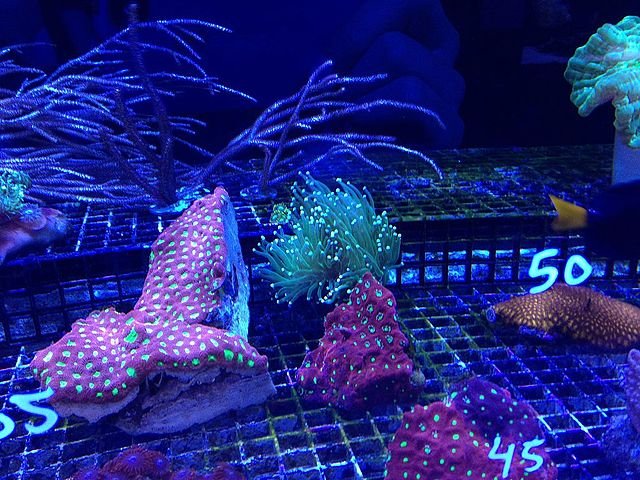Bonn, Germany.- Coastal communities and marine ecosystems can benefit from climate-smart agriculture practices, according to the findings of a new report from the International Fund for Agricultural Development (IFAD).
The Marine Advantage – Empowering coastal communities, safeguarding marine ecosystems, a study of IFAD’s experience in improving the lives of coastal communities, shows that climate-smart agriculture can also have knock-on benefits for marine ecosystems. Sustainable development in the agriculture sector, including aquaculture, can reduce human pressures on marine ecosystems, which are vulnerable to overfishing, ocean acidification and coral bleaching.
“Agriculture in all its forms is central to inclusive and sustainable development and can contribute to national climate commitments,” said IFAD President Gilbert F. Houngbo. “However, without appropriate measures, it can also damage marine ecosystems and fall short of its potential in terms of the climate.”
“IFAD is uniquely placed to empower coastal communities, including Small Island Developing States, in a way that contributes to eradicating hunger and poverty while protecting life below water.”
The research shows that as well as measures that directly tackle problems facing marine ecosystems, such as clearing up litter and mangrove restoration, more environmentally friendly agriculture on land can also reduce chemical run-off and pollution that otherwise seeps into coastal waters and therefore damages coral reefs and ultimately the fisheries and tourism potential of coastal communities.
“IFAD is determined to maximize the marine co-benefits of promoting diversified, climate-smart on-land agriculture, aquaculture and fisheries development,” said Margarita Astralaga, Director of IFAD’s Environment and Climate Division.
The report includes examples of where IFAD is protecting coastal communities from dwindling fish catches (Djibouti), improving policy and planning frameworks in a Small Island Developing State (Comoros), and helping small island coastal communities to seize precious opportunities for better livelihoods as well as contribute to carbon sequestration through seaweed harvesting (West Papua).
As well as benefits to coastal communities, the report also presents how investments are making a difference in improving the marine ecosystem surrounding them.
Stay Always Informed
Join our communities to instantly receive the most important news, reports, and analysis from the aquaculture industry.
“IFAD’s work contributes to five of the specific targets for Sustainable Development Goal 14 relating to life under water,” added Astralaga. “IFAD stands ready to play its part in delivering on the call for action at the Ocean Conference in New York earlier this year.
For a copy of the Marine Advantage Report please click here: https://www.ifad.org/documents/10180/16101fe1-a5ef-4814-9794-34b13e521ae4
Editor at the digital magazine AquaHoy. He holds a degree in Aquaculture Biology from the National University of Santa (UNS) and a Master’s degree in Science and Innovation Management from the Polytechnic University of Valencia, with postgraduate diplomas in Business Innovation and Innovation Management. He possesses extensive experience in the aquaculture and fisheries sector, having led the Fisheries Innovation Unit of the National Program for Innovation in Fisheries and Aquaculture (PNIPA). He has served as a senior consultant in technology watch, an innovation project formulator and advisor, and a lecturer at UNS. He is a member of the Peruvian College of Biologists and was recognized by the World Aquaculture Society (WAS) in 2016 for his contribution to aquaculture.



